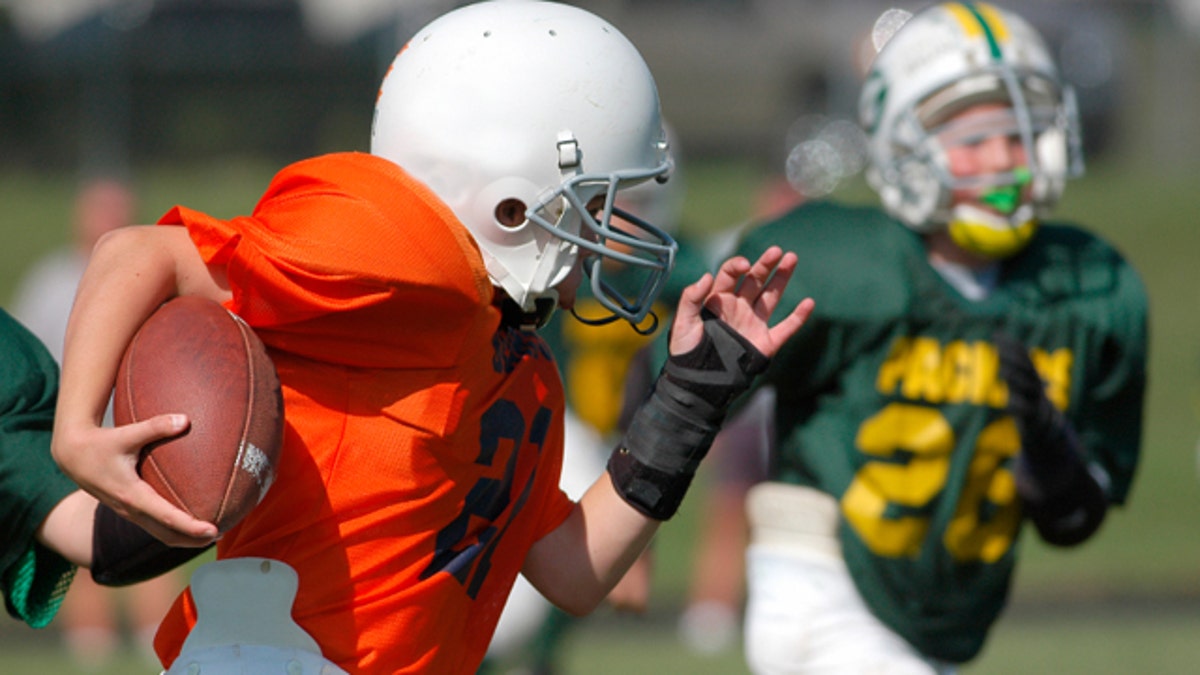
Parents, trainers, coaches and athletes emulate many of our high-profile professional athletes. Unfortunately, more harm than good can come from most of these attempts.
In my last column, I reviewed some of the dangers associated with stimulants and products that contain too little water and too much caffeine, salt, sugar and potassium.
Now I am turning my sights on companies that are misleading the public into believing that there is value in obtaining genetic testing to see what sports may be best for their child. The parent simply swabs the inside of the child’s mouth and sends the cotton swab off to the company for analysis.
The following is an excerpt from the website of one of the companies offering the genetic testing:
• Gives parents and coach’s early information on their child’s genetic predisposition for success in team or individual speed/power or endurance sports.
• Genetic predisposition determination can be valuable in outlining training and conditioning programs necessary for athletic and sport development
• Applies a simple, safe and non-invasive sampling method
• Safe to use on the youngest of athletes
*Test results may be used later in development with other athletic performance
Are these claims fact or fiction? In my opinion, they are pure fantasy. What makes an athlete is a combination of physical, mental and social attributes.
When evaluating athletes, scholastic as well as professional, there is the occasional individual who must be restricted from sports participation. As you can imagine, this evokes extreme responses.
"I would rather die on the playing field than be restricted," was a response from a Division I athlete I treated. And unfortunately, similar responses can be heard from parents.
The “must-win-at-all-cost” mentality makes for a great story or movie line, but there are many more losers than winners when it comes to these extremes – and even the winners may eventually lose.
For example, aging with life-long back, knee and hip injuries is often the end result of extreme forms of exercise.
Obesity and the probability of heart disease is often an unfortunate outcome of the misguided concept of “bulking up.” Rapid weight gain at any age is associated with dramatic increases in abdominal fat, which is linked to diabetes, hypertension and heart disease.
Additionally, the damaging effects of steroids and growth hormones, as well as compounds added to supplements, may all result in damage to the body and cardiovascular system.
We share 96 percent of the same genes with chimps and other animals – yet the abilities of a human are magnitudes greater.
We were misguided to think that once we discovered the human genome sequence that we would be able understand how the human body works, and we would be even crazier to think that knowing a few genes will help shape the future of a child.
Dr. Robert J. Tozzi is the chief of pediatric cardiology and founder of the Pediatric Center for Heart Disease at Hackensack University Medical Center in Hackensack, New Jersey. He is also the director of the Gregory M. Hirsch Hypertrophic Cardiomyopathy Center and a Fox News contributor.
